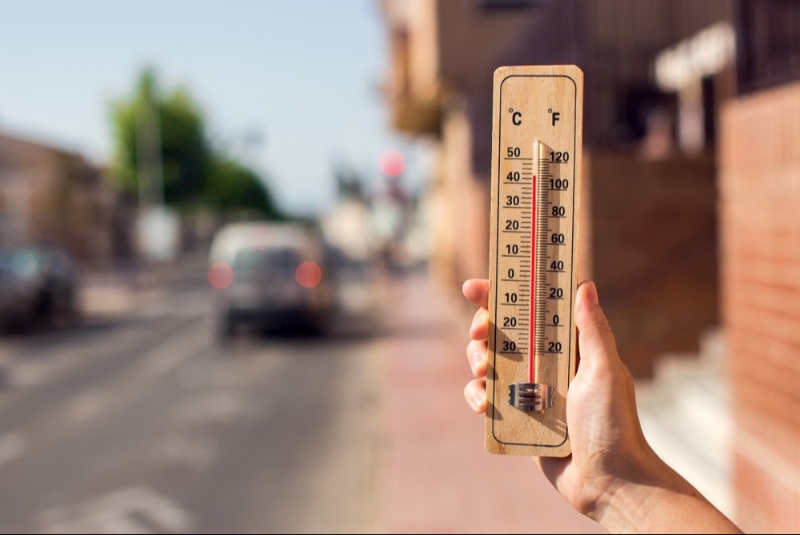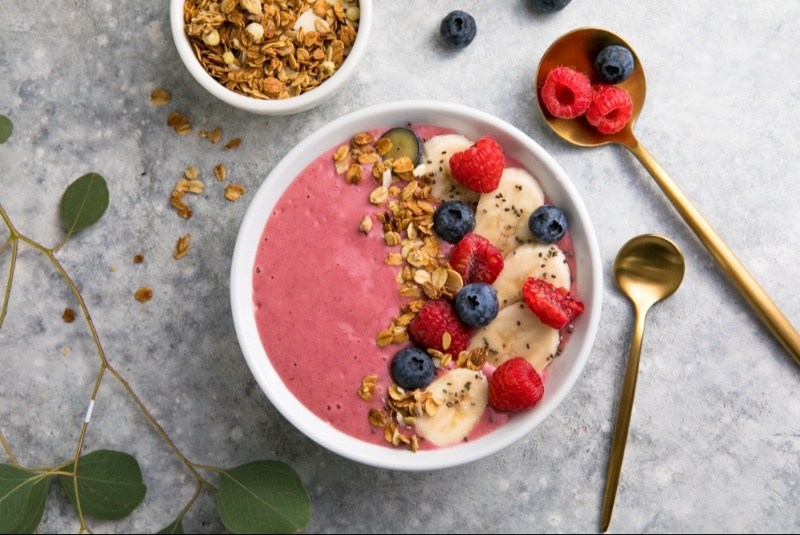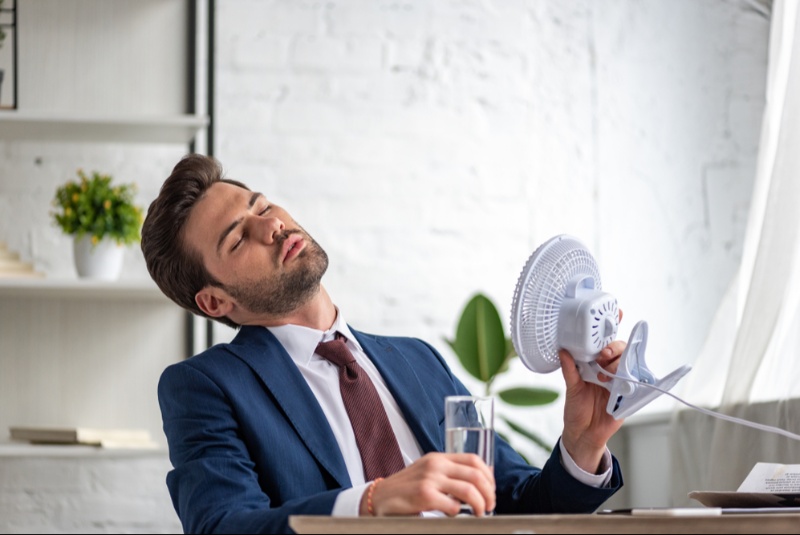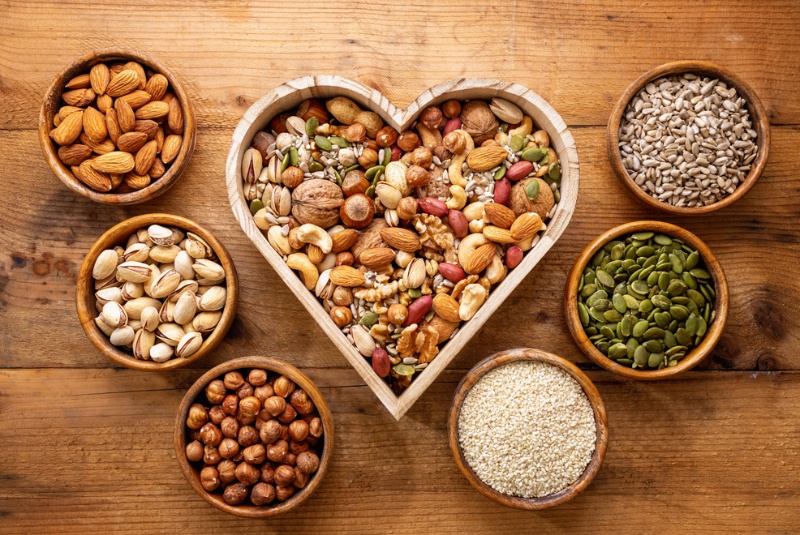Summer heatwaves can be more than just uncomfortable—they can pose serious health risks. Understanding how to cope with extreme heat is crucial for maintaining your well-being during the hottest months of the year. This guide provides essential health tips and strategies to help you stay cool, hydrated, and healthy during summer heatwaves. By following these recommendations, you can minimize the risks associated with high temperatures and enjoy a safer, more comfortable summer.
Staying Hydrated
Staying hydrated is crucial during a heatwave, as your body loses more water through sweat. Aim to drink at least 8-10 glasses of water a day, and increase your intake if you are active or spending time outdoors. Avoid drinks that can dehydrate you, such as alcohol, caffeinated beverages, and sugary sodas. Carry a water bottle with you and take small sips throughout the day. Staying hydrated helps regulate your body temperature, prevents dehydration, and supports overall health during hot weather.
Wearing Appropriate Clothing
Choosing the right clothing can make a significant difference in your comfort during a heatwave. Wear lightweight, loose-fitting, and light-colored clothes made from breathable fabrics like cotton or linen. These materials allow your skin to breathe and help evaporate sweat more effectively. Avoid dark colors, which can absorb heat and make you feel hotter. Wearing appropriate clothing keeps you cooler and reduces the risk of heat-related illnesses.
Using Sunscreen
Protecting your skin from the sun’s harmful UV rays is essential during a heatwave. Apply a broad-spectrum sunscreen with an SPF of at least 30 to all exposed skin, even on cloudy days. Reapply every two hours, or more often if you are swimming or sweating. Wearing a wide-brimmed hat and sunglasses can also protect your face and eyes. Using sunscreen prevents sunburn and reduces the risk of skin cancer and other sun-related damage.
Avoiding Peak Sun Hours
The sun’s rays are strongest between 10 a.m. and 4 p.m., making these the hottest hours of the day. If possible, stay indoors or seek shade during these times. Plan outdoor activities for the early morning or late evening when temperatures are cooler. If you must be outside, take frequent breaks in the shade and avoid strenuous activities. Avoiding peak sun hours helps you stay cooler and reduces the risk of heat exhaustion and heatstroke.
Keeping Your Home Cool
Keeping your home cool is essential for comfort and health during a heatwave. Use fans and air conditioning to maintain a comfortable indoor temperature. If you don’t have air conditioning, keep windows closed during the day to keep the hot air out and open them at night to let cooler air in. Use blackout curtains or shades to block out the sun’s heat. Keeping your home cool provides a refuge from the heat and helps you sleep better at night.
Eating Light and Healthy Meals
Eating light and healthy meals can help you feel more comfortable during a heatwave. Avoid heavy, hot foods that can increase your body temperature. Opt for smaller, more frequent meals that include plenty of fruits and vegetables, which have high water content and can help keep you hydrated. Cold meals like salads, sandwiches, and smoothies are refreshing and easier to digest. Eating light and healthy meals supports your body’s ability to cope with the heat and maintain energy levels.
Recognizing Signs of Heat-Related Illnesses
Recognizing the signs of heat-related illnesses is crucial for timely intervention and treatment. Heat exhaustion symptoms include heavy sweating, weakness, dizziness, nausea, and headache. If untreated, it can progress to heatstroke, which is a medical emergency. Heatstroke symptoms include a high body temperature, confusion, rapid pulse, and loss of consciousness. If you or someone else shows signs of heatstroke, seek medical attention immediately. Recognizing signs of heat-related illnesses ensures prompt action and can save lives.

Staying Active Safely
Staying active during a heatwave is possible with some precautions. Choose cooler times of the day for exercise, such as early morning or late evening. Reduce the intensity and duration of your workouts, and take frequent breaks. Drink plenty of water before, during, and after physical activity to stay hydrated. Consider indoor exercises, such as yoga or swimming, to stay active without exposing yourself to extreme heat. Staying active safely helps you maintain fitness while protecting your health during hot weather.
Using Cooling Techniques
Using cooling techniques can provide immediate relief from the heat. Take cool showers or baths to lower your body temperature. Use damp washcloths or ice packs on your neck, wrists, and ankles, where blood vessels are close to the surface. Stay in air-conditioned places as much as possible, such as malls, libraries, or community centers. Using cooling techniques helps you stay comfortable and reduces the risk of heat-related illnesses.
Protecting Vulnerable Populations
Certain populations are more vulnerable to the effects of heatwaves, including infants, the elderly, and individuals with chronic illnesses. Ensure that these individuals stay hydrated, cool, and protected from the sun. Check on elderly neighbors or family members regularly to ensure they are coping with the heat. Provide plenty of fluids and light meals, and encourage them to stay in air-conditioned or shaded areas. Protecting vulnerable populations ensures that everyone stays safe and healthy during extreme heat.
Staying Informed
Staying informed about weather conditions and heat advisories is essential for preparing and responding to heatwaves. Pay attention to local news and weather reports, and follow any advice or warnings issued by authorities. Use weather apps or websites to monitor temperatures and plan your activities accordingly. Staying informed helps you make proactive decisions to protect yourself and your family from the dangers of extreme heat.
Preparing for Power Outages
Power outages can occur during heatwaves due to increased demand on the electricity grid. Prepare for this possibility by having a backup plan to stay cool. Keep battery-powered fans, ice packs, and plenty of water on hand. Know where to find cooling centers or air-conditioned public places in your community. Preparing for power outages ensures you can maintain your comfort and safety even if your home’s cooling systems are unavailable.
Promoting Community Awareness
Promoting community awareness about heatwave safety can help protect everyone in your area. Share tips and information with neighbors, friends, and family. Participate in community initiatives to provide cooling resources, such as opening cooling centers or distributing water. Educate others about the signs of heat-related illnesses and how to respond. Promoting community awareness fosters a collective effort to stay safe and healthy during heatwaves.
Dealing with summer heatwaves requires a combination of proactive strategies and awareness. Staying hydrated, wearing appropriate clothing, and using sunscreen are fundamental steps for personal protection. Avoiding peak sun hours, keeping your home cool, and eating light meals can enhance comfort and health. Recognizing signs of heat-related illnesses, staying active safely, and using cooling techniques are crucial for coping with extreme heat. Protecting vulnerable populations, staying informed, preparing for power outages, and promoting community awareness further ensure comprehensive safety during heatwaves. Implement these tips to stay cool, healthy, and safe during the hottest months of the year.




